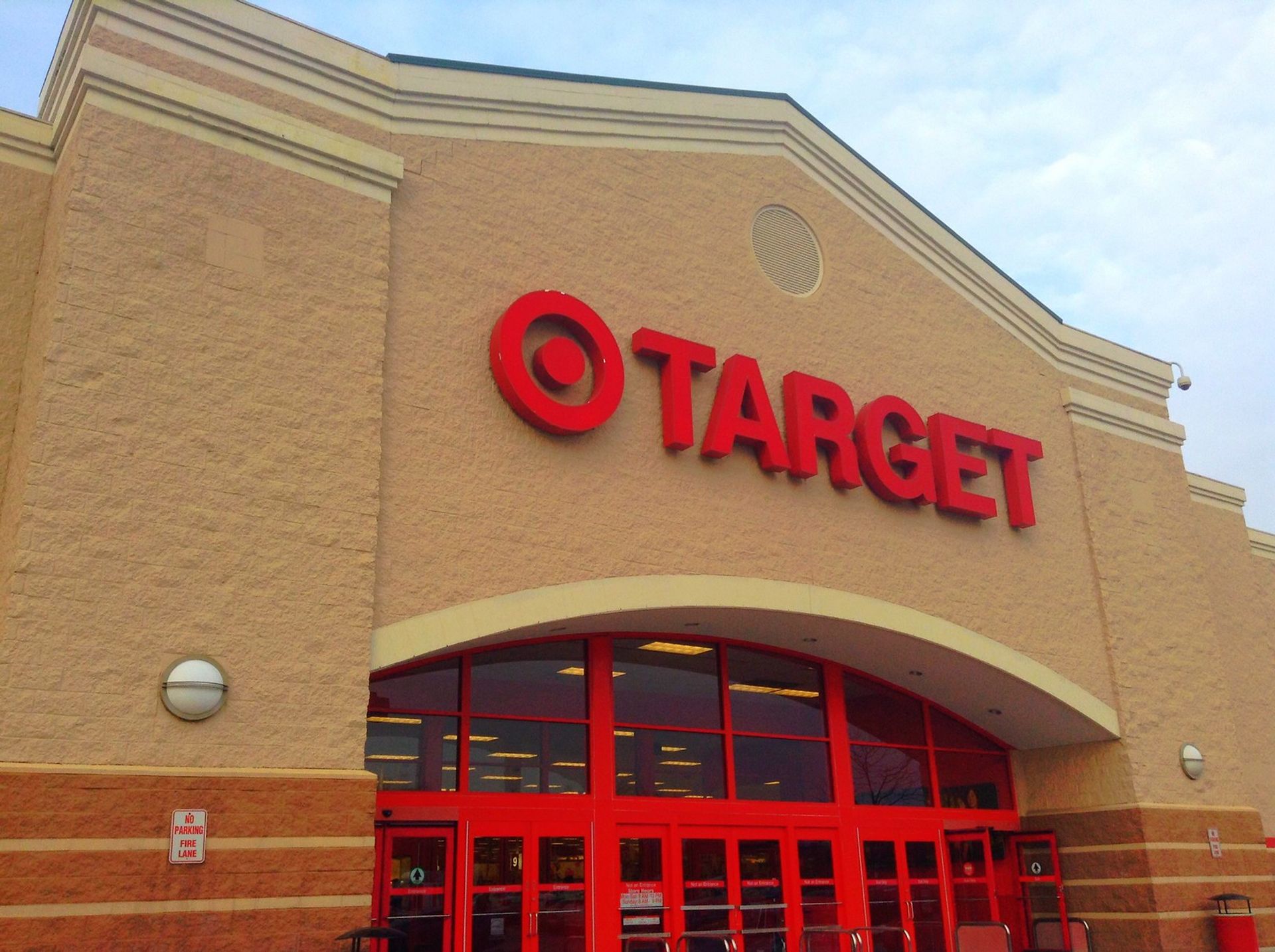
Target is an American retail corporation that operates a chain of discount department stores and hypermarkets, headquartered in Minneapolis, Minnesota.
In 2006, Bruce Sexton Jr., a student at the University of California-Berkeley and president of the California Association of Blind Students, took legal action against Target because their website wasn’t accessible to blind individuals. The National Federation of the Blind (NFB) also joined the legal case. He hoped that Target (and other online businesses) would recognise the importance of making their websites usable by disabled people.
Target refuses to do the work
Fast forward to late 2006, a judge ruled that the case could proceed. Some issues with the website included:
- lack of alt text on the site
- online purchases could not be completed with a keyboard
- many headings important to navigating the site were missing
- maps to show store locations were inaccessible
Target initially argued that the ADA, a civil rights law from 1990, only applied to their physical stores, not their website. In a similar case in 1999, the NFB brought up accessibility issues with AOL, also citing the ADA. However, that case didn’t go to trial because AOL decided to do the work can make their website accessible.
$6,000,000 in a damages fund and $3.7m in legal fees
In the end, Target reached an agreement with the NFB to address accessibility concerns on their website, Target settled with the NFB.
Under the terms of the settlement, Target will pay $6,000,000 into a “Damages Fund” for members of the class action suit. They’ve also committed to making their website more accessible and providing up to $15,000 for each training session to help Target employees learn how to design for accessibility.
Although the ADA doesn’t explicitly cover the online world yet, Target’s settlement with the NFB serves as a precedent for other companies to evaluate the accessibility of their websites. Thanks to this settlement, the NFB can carry their mission to improve web accessibility to other businesses, potentially making the entire internet more user-friendly for everyone. They also had to pay over $3.7 million in legal fees. Target’s own legal costs have not been published.
Closing thoughts
Target could have simply agreed to make their website accessible from the onset. Organisations should spend money on making their accessible products and services, not legal fees.
The European Accessibility Act
The European Accessibility Act (EAA), which will come into force in 2025 is a law designed to create equal access for Europeans with disabilities by requiring a mix of products and services to be accessible. This will impact private companies should they wish to operate in the EU.